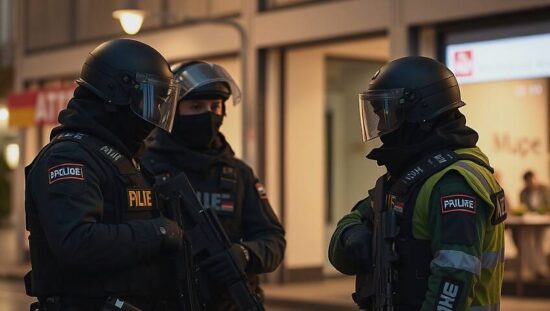Before the special meeting of the Interior Committee on Thursday, the Greens had called for clarification on possible connections between the recent attacks in Magdeburg, Aschaffenburg and Munich. “We must continue to pursue the clarification of the recent acts in Magdeburg, Aschaffenburg and Munich with high pressure, even beyond the election period” said Greens’ faction vice Konstantin von Notz to the “Rheinische Post” (Thursday edition).
In the course of the so far conducted clarification of the shocking acts, “partial, glaring omissions have come to light.” “We must relentlessly continue to investigate these” demanded von Notz.
Looking ahead to the meetings on Thursday, it was expected that the invited representatives from the state level, the federal government and security authorities would not only provide information on the current state of the investigations. “Furthermore, we Greens will also once again insist on the question of whether there may be connections between the individual acts of the past weeks” said the interior politician.
“For us, clear: in the face of the striking accumulation of these heinous acts just before the federal election, the security authorities must, with a view to the motivations of the suspected perpetrators and the exact backgrounds of the acts, choose a broad investigative approach and also pursue this question very decisively. In this context, it is also necessary to take a closer look at the role of the intelligence services” said von Notz.
It was wanted to know what information the intelligence services had had about the acts and the perpetrators and what they knew beforehand. “Regarding the Munich attack, for example, the activity of the suspect at a security firm raises questions that must be pursued with determination” said the Greens’ politician.
“The federal election and the subsequent government formation must not be used as a pretext to slow down the further clarification of the matter” said von Notz. “It remains urgently necessary to finally put an end to the long-known security policy deficits.





